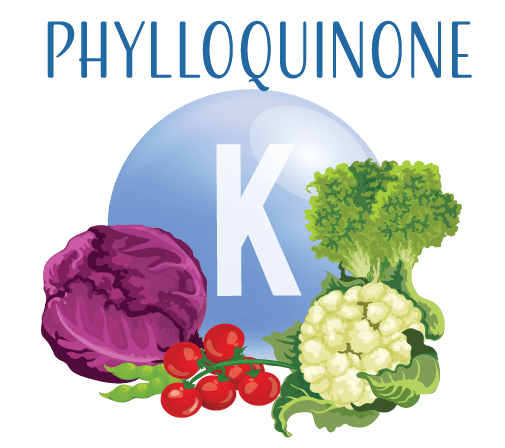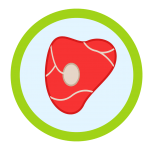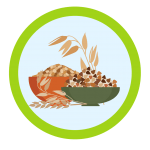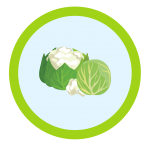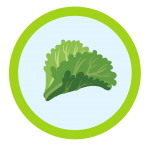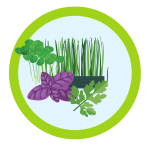Vitamin K: Why You Shouldn’t Overlook This Essential Nutrient
Vitamin K is often overlooked when it comes to essential nutrients, largely because its primary function is not very well-known. However, it is essential for a number of important bodily functions, including bone formation, liver function, disease resistance, cancer prevention, and longevity.
Some of the best food sources of vitamin K are leafy greens like kale, spinach, and broccoli. These vegetables are not only high in vitamin K but are also packed with other essential vitamins and minerals.
Other food sources of vitamin K include meat, dairy products, and eggs. Liver, in particular, is a great source of vitamin K. For those who prefer plant-based options, fermented foods like sauerkraut and miso are also rich in vitamin K.
It is important to note that vitamin K is a fat-soluble vitamin, which means it works best when consumed with healthy fats. For example, adding a drizzle of olive oil to your leafy greens can increase the absorption of vitamin K.
Incorporating vitamin K-rich foods into your diet is easy and delicious. By including these foods in your meals, you can ensure that you are getting enough of this vital nutrient to support your health and wellbeing.
